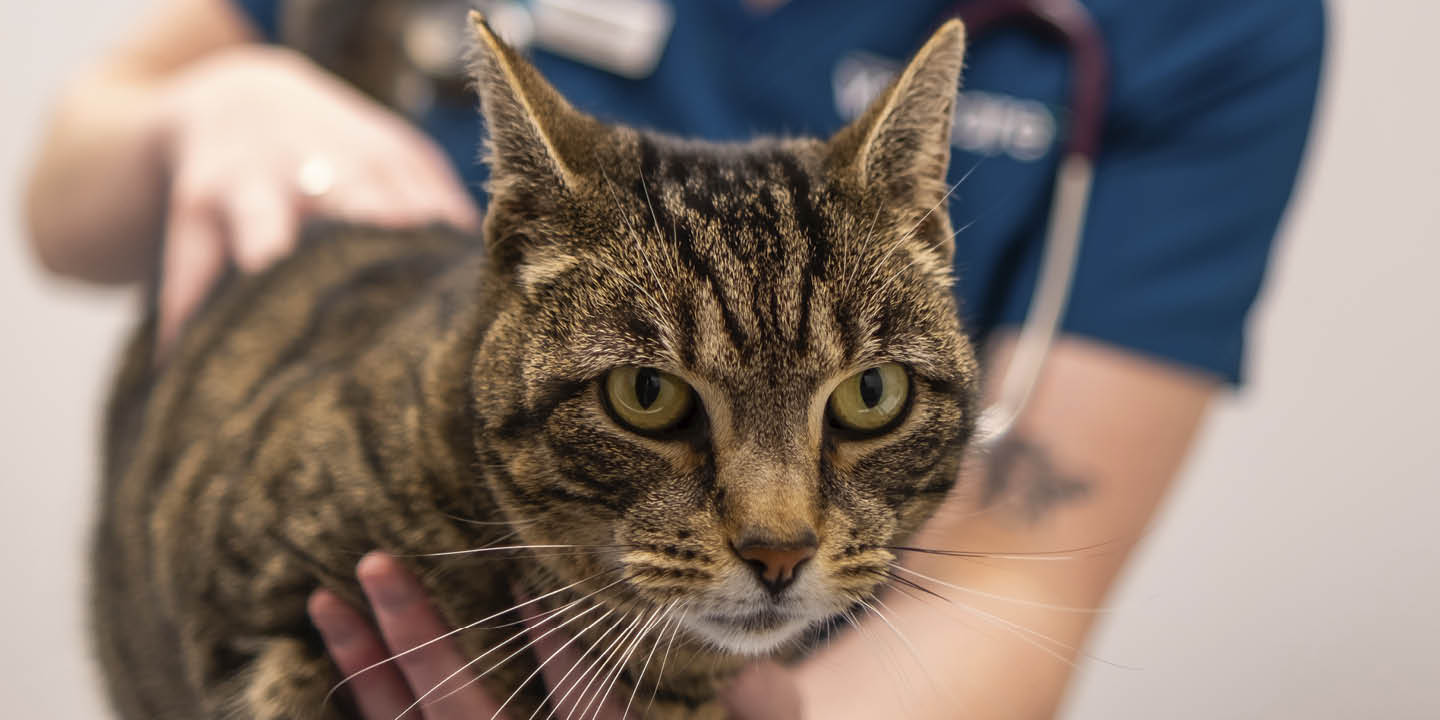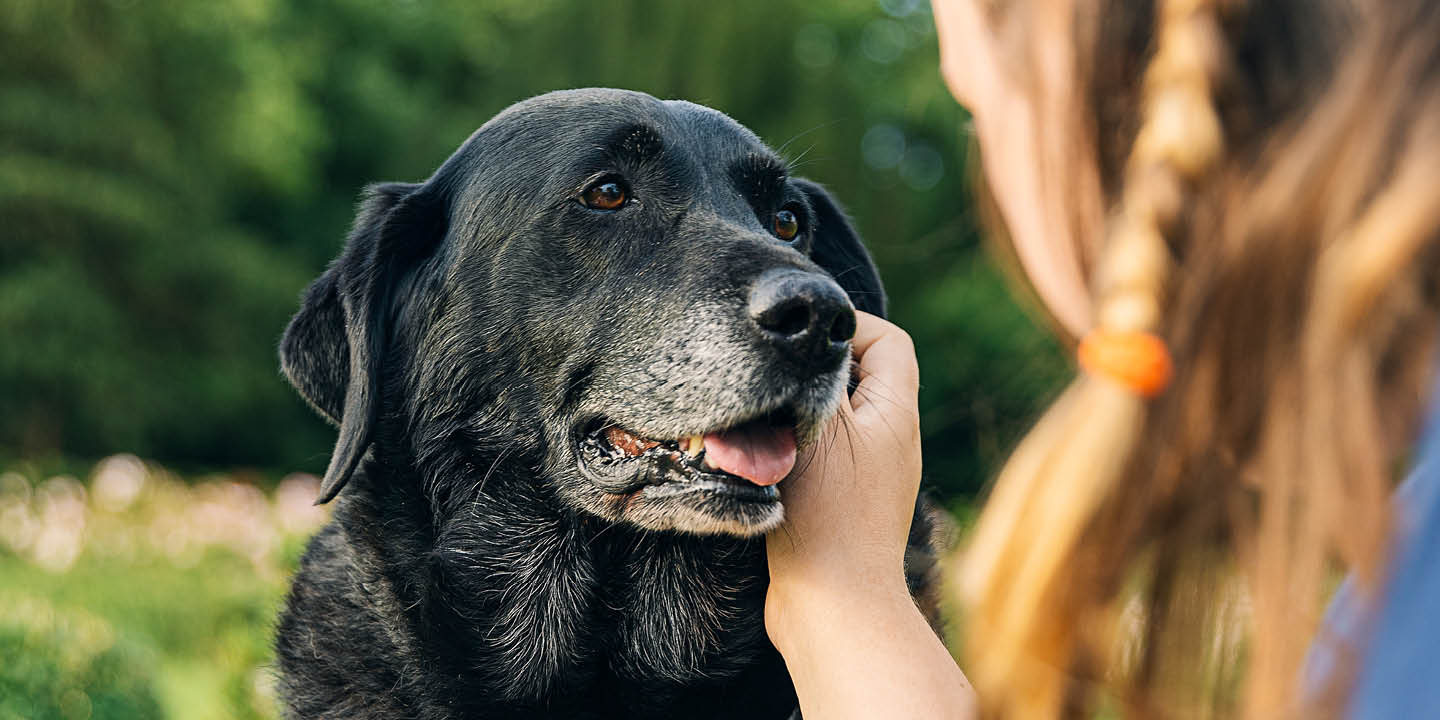
Pet Vaccinations
At Animates Vetcare, vaccinations are recommended as an essential part of your pet’s preventative health care, protecting them from serious and potentially fatal diseases.

Osteoarthritis, also known as arthritis, is a joint condition where the cartilage that cushions joints wear down over time. This leads to long term pain, inflammation and stiffness. In addition to the loss of cartilage, the ligaments and tendons around the joint can thicken, and bony growths called spurs might form.
Osteoarthritis can develop from:
No matter the cause, arthritis can make it hard for pets to move comfortably, reduce mobility and cause long term pain, which can significantly affect their quality of life.

Osteoarthritis in dogs can show up in various ways. Common signs to look for include:
Cats can also suffer from osteoarthritis, but their symptoms may be harder to spot. Cats are naturally good at hiding pain, so may not show obvious signs. Watch for these subtle signs:

Keeping pets in a healthy weight range is highly beneficial and an essential part of managing osteoarthritis. Obesity puts extra loads on pets’ joints, increasing the severity of the pain and contributing to joint inflammation, which speeds up the progression of disease.
As each pet’s needs are different, your veterinarian will tailor a pain management plan specifically for your pet following discussion with you. There are currently several medication options available to improve the comfort of osteoarthritic pets:
Regular exercise is important for pets with arthritis because it helps maintain their optimal body condition and can ease joint pain. With the right pain management your pet can stay active enough to keep their muscles strong and joint’s flexible.
There are special diets available that are designed specifically for pets with arthritis. These foods formulated to help support joint health.
In addition to these special diets, there are also supplements that can be helpful. Supplements such as omega fatty acids and green-lipped mussel extract can reduce inflammation and support joint health. Your vet can recommend the best diet and supplements for your pet’s needs.
The below suggestions may help reduce the risk of accidental slips and falls, which may further aggravate painful joints:
If your pet’s joint damage is severe and other treatments aren’t enough to ease their pain, your vet may suggest surgery as an option. This may involve your vet referring you to a specialist to explore whether surgery could help improve your pet’s comfort and quality of life.

At Animates Vetcare, vaccinations are recommended as an essential part of your pet’s preventative health care, protecting them from serious and potentially fatal diseases.